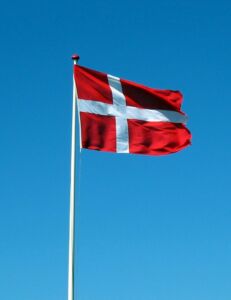News
DK among top 10 ‘do-good’ countries in the world
This article is more than 10 years old.
Denmark ranks ninth on the 2015 Good Country Index

Ireland, Finland and Switzerland took out the first three positions (photo: Tsca)
Denmark has placed ninth in a new study that measures countries based solely on what opportunities they provide to the world around them.
Political advisor Simon Anholt and Robert Govers, a lecturer at the Rotterdam School of Management, created the Good Country Index to measure how much ‘good’ one country contributes based on a range of factors.
Anholt has established seven criteria for ‘good’ in the rankings: science and technology; culture, peace and security; world order; the planet and climate; prosperity and equality; health; and quality of life.
“What is new about this list is that it measures a country’s actual contribution to the world, rather than simply a country’s reputation or happiness,” Martin Marcussen, a professor of political science at Copenhagen University, told Videnskab.dk.
The top ten is as follows:
1. Ireland
2. Finland
3. Switzerland
4. Netherlands
5. New Zealand
6. Sweden
7. United Kingdom
8. Norway
9. Denmark
10. Belgium
You can read more about the study at GoodCountry.org










































